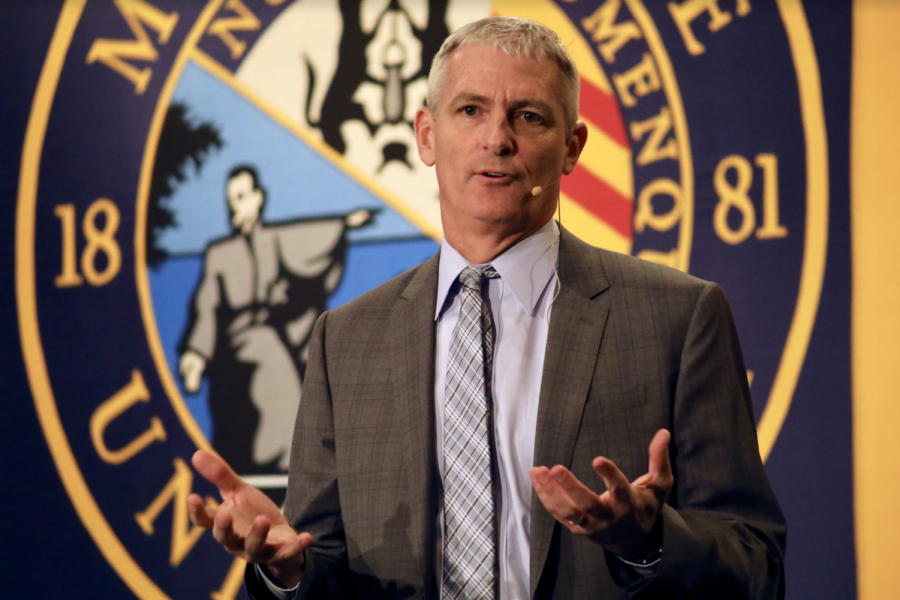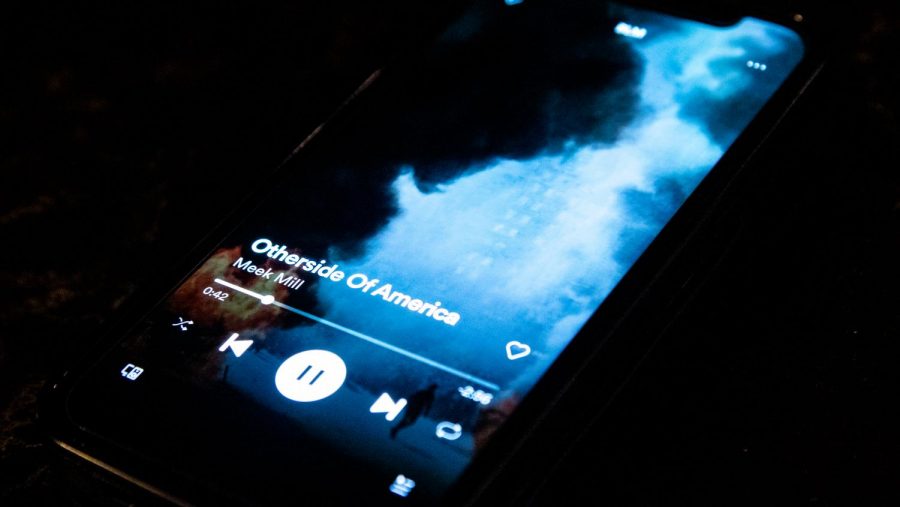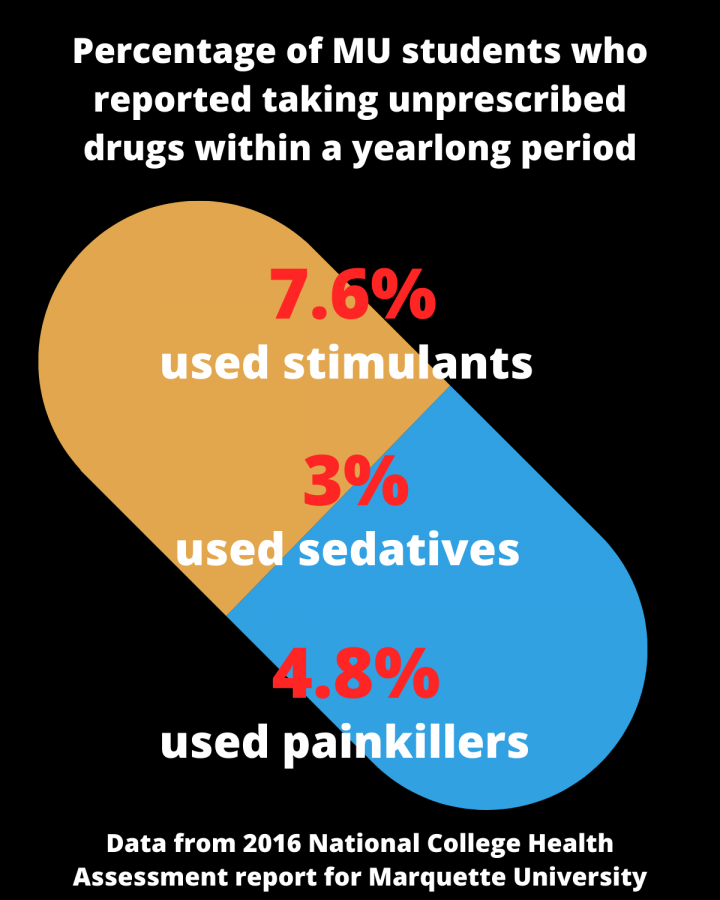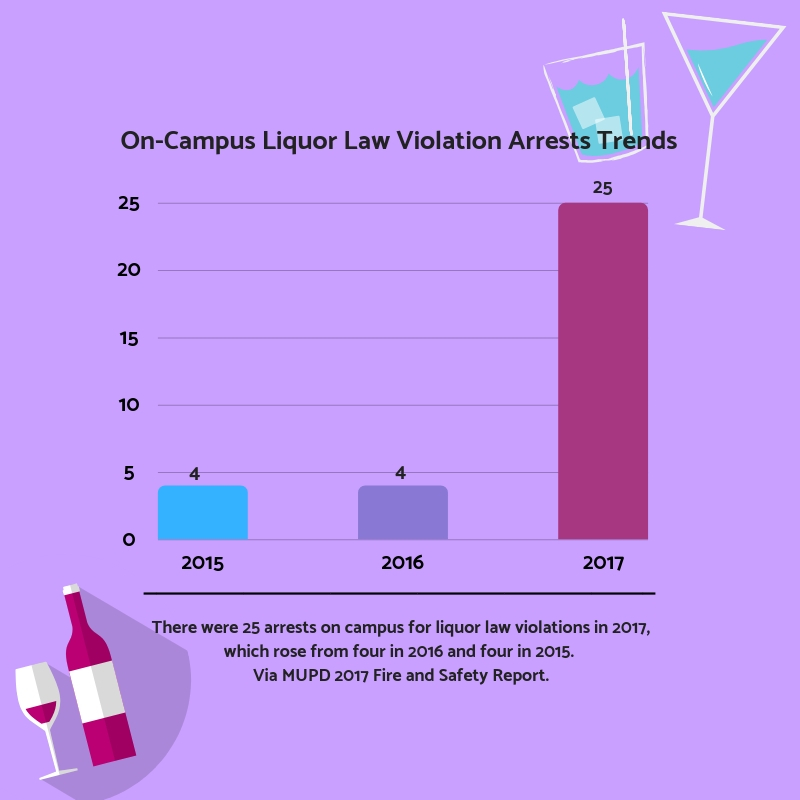N o matter how many times it happens it still never seems quite okay.
o matter how many times it happens it still never seems quite okay.
Let me explain.
Late Sunday night, a friend and I were sitting outside of my apartment building chatting about British accents (don’t ask) when a man approached us asking for money. The man pleaded that he was in need of food and asked for six or seven dollars. I didn’t have any cash on me, so I said that I unfortunately could not help him. After a pause, my friend took out his wallet – which held two twenty dollar bills and a single – and handed the man a dollar. As he went to put his wallet away, the man caught sight of the twenty dollar bills and continued to ask for more money. After a long delay in which I’m sure a grueling tennis match of what to do was being played in my friend’s mind, he handed the man a twenty dollar bill.
As the man walked away, my friend’s head dropped. He didn’t regret what he did, but it’s not as if he felt happy or proud for doing some kind of good deed either. He gave a man in need twenty-one dollars for food, and then watched him walk down the street and go into Murphy’s.
Scenarios such as this are not foreign on Marquette’s campus, or in any city for that matter. They happen every day at bus stops, walking down the street and on the steps of buildings. But no matter how often they occur, it’s the same feelings every single time – helpless, torn and a whole lot of confused.
You feel helpless because there is a certain amount of compassion felt for an individual in need. You recognize that he or she is struggling and you want to be able to ease the pain. At this point, you hand over a couple of dollars and hope that it is spent in the right place. You want to do more, but there’s not much else you can do.
You feel torn because you’ve been advised a countless number of times as a Marquette student how to respond to these types of situations. In reality, though, you really haven’t been told anything at all. Think back to Preview before freshman year – your very first inkling of what life at Marquette would be like. The topic of how “safe” campus and the city of Milwaukee is probably came up at some point.
The real question on everyone’s minds though, was if the begging for change your family just witnessed outside of Walgreens is something that occurs every day. The answer to this question would have been, “Well, Marquette is located in a city, so students must take the necessary safety precautions just as they would in any other urban environment. We have a truly wonderful Department of Public Safety, though…” and the conversation would have been redirected toward blue light phones and LIMOs.
Trust me, I’ve trained that Orientation Staff before.
You feel confused because you don’t understand why someone would lie to you. Someone asks for a couple of bucks for food, and he goes to buy a beer with it. You’re confused because you feel disappointed, sad, angry and pity all at the same time. You know that in the grand scheme of things, you did the right thing and helped someone in need, but was giving her or him money to buy alcohol or drugs really helping that person? Obviously, the answer is no. And this is why it’s confusing.
In the end, the only thing that can really be done is to make a personal decision as to how you will react in these types of situations. If you feel comfortable giving money, do that. If you would rather give directions to the nearest shelter, that’s great as well. If you simply walk on by, that’s okay, too. I, personally, try to carry a couple extra granola bars each day so if I get asked for change I can provide something to eat instead.
No matter what you choose to do, or how distraught you may feel afterward, don’t second guess yourself. You did what you believed to be right in that moment, and that was all that could have been done.
So next time that heart-dropping feeling occurs, know that you’re not alone, and know that it doesn’t make you a bad person. Instead, it means that you care, and that’s really the best thing you can do.










